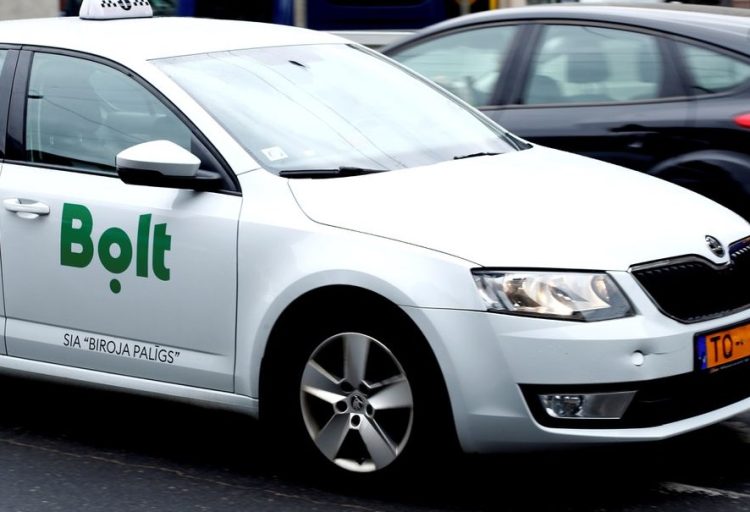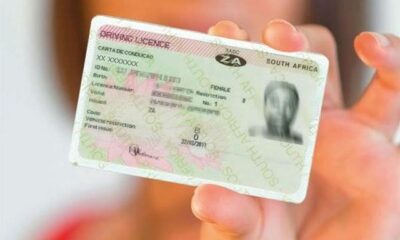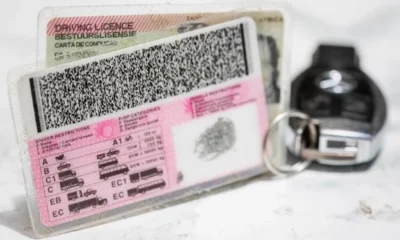News
Big Shake-Up for Uber and Bolt in South Africa: New Laws Coming Soon

South Africa’s transport industry is heading for one of its most dramatic changes in years. The Department of Transport is preparing to roll out new laws that will redefine how Uber, Bolt, and other e-hailing platforms operate across the country.
What’s changing?
Under the National Land Transport Amendment (NLTA) Act, which has been more than a decade in the making, e-hailing drivers will soon have their own official operating licenses, a long-awaited move that sets them apart from the charter permits and meter taxi licenses they’ve been forced to use until now.
Some of the key changes include:
-
Dedicated e-hailing licenses tied to specific geographic areas
-
Vehicles branded with clear e-hailing signs
-
Mandatory criminal record checks for drivers
-
Requirement of a professional driving permit
-
New safety rules, including panic buttons and updated driver profile photos for passenger verification
And the penalties? They’re steep. Non-compliance could see drivers slapped with fines of up to R100,000 or even two years behind bars.
Why now? Violence on the rise
The urgency to implement these rules comes against a backdrop of escalating violence between the taxi industry and e-hailing operators.
In August, tensions boiled over at Maponya Mall in Soweto, where an e-hailing driver was shot dead and two others were injured. Cars were torched in the chaos a brutal reminder of the turf war gripping South Africa’s transport sector.
While taxi associations like Santaco have denied involvement in violence, the industry has long been accused of trying to protect its turf through intimidation. Taxi violence isn’t new, it has been a grim feature of South African commuting culture for decades, from inter-taxi turf wars to clashes with bus services.
Government hopes the NLTA will bring some order by regulating operators and tackling the issue of unregistered drivers posing as e-hailing partners, often undercutting both licensed taxis and legitimate Uber or Bolt drivers.
Social media weighs in
On platforms like X (formerly Twitter), South Africans have expressed mixed feelings. Some commuters are hopeful that the new laws will finally level the playing field and make e-hailing safer. Others worry that additional red tape might make it harder for drivers to earn a living, ultimately pushing up prices for riders.
One Soweto resident posted: “If the government can guarantee our safety and fair prices, I’ll support it. But we know how laws are in this country, implementation is the real issue.”
A fragile balance
For many South Africans, e-hailing is more than just convenienceit’s become a lifeline. In cities where traditional taxis dominate but often lack reliability or safety, Uber and Bolt offer commuters an alternative. But that alternative has come at a cost: violent clashes, burned cars, and shattered livelihoods.
Donald Selamolela, chairperson of Parliament’s Transport Portfolio Committee, admitted the new rules won’t stop the “natural evolution” of the industry. In other words, conflict may still arise as technology reshapes how people move around.
What comes next?
The Act has already been signed into law by President Cyril Ramaphosa in 2024, but final translations and gazetting are expected to wrap up by October 2025. Once that happens, Uber and Bolt driversand their passengers, will enter a new era of regulation.
The hope is that this will finally ease tensions between the e-hailing sector and the taxi industry. But in a country where transport has long been marked by conflict, mistrust, and uneven enforcement, South Africans know better than to expect quick fixes.
For now, one thing is certain: the ride-hailing experience is about to change in South Africa, whether commuters are ready or not.
{Source: BusinessTech}
Follow Joburg ETC on Facebook, Twitter , TikTok and Instagram
For more News in Johannesburg, visit joburgetc.com



























